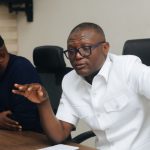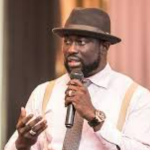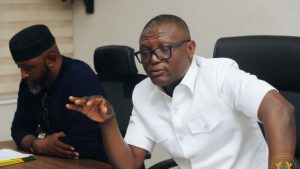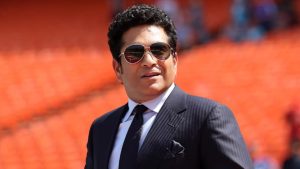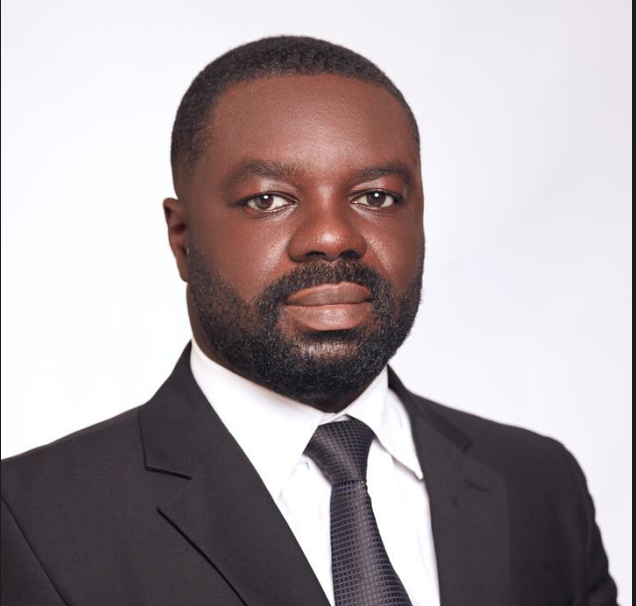
A Journey with ORAL
You may recall that during the 2024 National Elections, the National Democratic Congress (NDC) promised to roll out an anti-corruption policy, Operation Recover All Loot (ORAL), to recover proceeds from corruption from past government officials and public servants, claiming it would be successful. When the NDC was elected as the new government in December 2024, His Excellency President John Dramani Mahama constituted the ORAL preparatory team during the transition period. The committee comprised Hon. Samuel Okudzeto Ablakwa, Member of Parliament for North Tongu, as the Chairman; Mr. Raymond Archer, a renowned investigative journalist; Mr. Daniel Yaw Domelevo, a former Auditor General; retired Commissioner of Police (CoP) Nathaniel Kofi Boakye; and Mr. Martin Kpebu, a renowned private legal practitioner.
The Committee received information from the public regarding suspected acts of corruption by past government officials and public servants, which helped the committee compile a report on sources of proceeds from corruption. This was largely successful due to the anonymous nature in which the information was received from citizens.
Additionally, the bureaucratic nature, formal nature, language barrier, and resource constraints in engaging traditional anti-corruption state institutions were circumvented by the approach adopted by the ORAL preparatory team, enabling citizens from all backgrounds to participate and volunteer information with ease.
This is evidenced by the committee’s report to the President, which stipulated that 1,493 calls were received through its toll-free lines and 924 emails were received, making a total of 2,417 complaints made to the preparatory team.
The committee presented its findings to the President after the transition period, bringing their task to an end. The report received by the President was handed over to the Attorney General’s Department to collaborate and work on with anti-corruption state agencies like the Criminal Investigation Department (CID) of the Ghana Police Service, the Economic and Organized Crime Office (EOCO), the National Intelligence Bureau (NIB), Office of the Special Prosecutor (OSP) and the Auditor General’s Department, among others.
Although these anti-corruption state agencies have commenced work on the report from the ORAL Preparatory Team, citizens have expressed concern about the slow pace at which the findings of the committee are being acted upon, as well as the lack of information to the public on the status of these complaints and investigations. This perception has the potential to create mistrust between citizens who supported the policy and the government.
Citizens are eager to support the ORAL policy and demand accountability, but the absence of a clear ORAL secretariat or central body makes it challenging for them to engage with the policy’s progress or hold anyone accountable. Regular information sharing and updates are essential to keeping citizens informed and building trust in the policy.
The current nature of multiple anti-corruption state agencies dealing with the ORAL policy puts it in disarray and makes it uncoordinated. Furthermore, citizens not only want to be updated on the happenings in ORAL, but they also require an identifiable avenue where they can continue to volunteer information on corruption within the previous and current regimes.
After all, government is a continuum, and so is corruption. Corruption has never stopped simply because a government was changed; what makes the difference is how it is managed. This approach is what anti-corruption crusaders and civil society activists have referred to as Operation Prevent All Loot (OPAL).
It is recommended that the government establish an ORAL Secretariat, where a team will be constituted to manage it, headed by a person with a deputy. The head and members of this secretariat should be persons with proven integrity and a track record in anti-corruption advocacy. The object of this secretariat will include constant engagement with the public on happenings in the ORAL policy and will help centralize information and enable the various state agencies concentrate on their mandates.
Also, per section 56(1) of the Criminal and Other Offences (Procedure) Act, 1960 (Act 30), the Attorney-General may subject to Article 88 of the Constitution appoint a legal practitioner in writing to be a public prosecutor in a particular causes or matter. If this provision is utilized, the ORAL policy will greatly be expedited.
Additionally, having dedicated courts that will deal with cases of corruption will fast-track the policy and make it easier for citizens to follow proceedings in court related to corruption offenses.
The writer, Clement Baffour Gyawu, is the immediate past General Secretary of the Legal Green Association.
September 28, 2025
DISCLAIMER: The Views, Comments, Opinions, Contributions and Statements made by Readers and Contributors on this platform do not necessarily represent the views or policy of Multimedia Group Limited.
DISCLAIMER: The Views, Comments, Opinions, Contributions and Statements made by Readers and Contributors on this platform do not necessarily represent the views or policy of Multimedia Group Limited.




